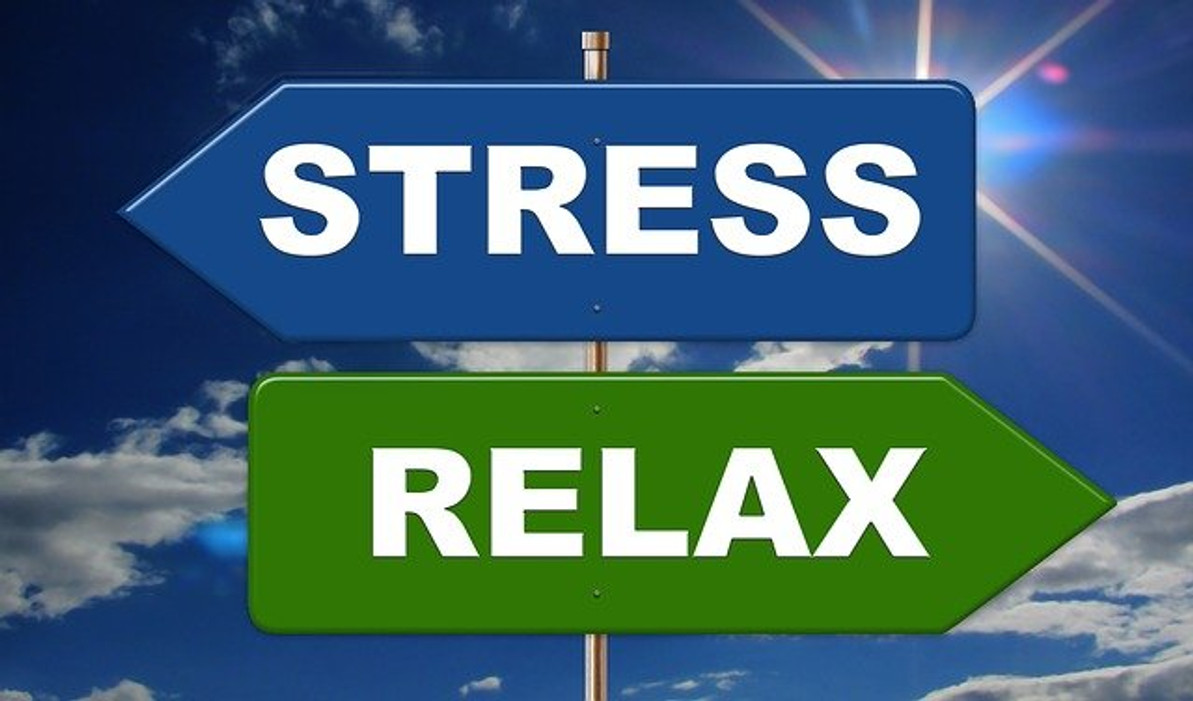How to Manage Work-Related Stress (The Right Way)
Do you suffer from work-related stress? You aren't alone. According to The American Institute of Stress, over four in five workers say they regularly experience stress from their job. Regardless of your job, it may cause stress that negatively affects your overall physical and mental health. Fortunately, there are ways to manage work-related stress, but you need to take the right approach.
Find a Balance
Start by finding a balance between your job and your personal life. You can't expect to get your stress under control if you spend all your time working. Far too many workers struggle to find time for personal activities. As a result, many of them suffer from high levels of work-related stress.
For lower stress, you need to find a balance between your job and your personal life. Even if it's only during the weekend, dedicate time for yourself. You'll feel more energized and refreshed when you return to work, which should protect against chronic and high stress.
Plan Your Workday
You'll probably experience less stress by planning your workday in advance. In other words, think about what tasks you have to do following the workday. You can write these tasks down on a list, and you can rank them according to importance.
Planning your workday in advance is useful at combating work-related stress. With all your tasks listed, you'll know what to expect the following workday.
Get Sufficient Sleep
Don't underestimate the impact of sleep -- or lack of sleep -- on your stress levels. There's a strong correlation between stress and sleep. One report found that adults who fail to get a sufficient amount of sleep have higher stress levels.
If you don't get enough sleep, you'll inevitably feel tired the following morning. Moreover, lack of sleep will disrupt your body's hormones by causing elevated levels of cortisol. Also known as the stress hormone, cortisol is connected to stress. When your body produces more cortisol, you'll feel more stressed. You need to get at least eight hours of sleep to keep your body's cortisol levels under control.
Eat the Right Foods
In addition to getting sufficient sleep, eating the right foods can curb work-related stress. Certain foods can cause stress, whereas other foods can counter stress.
Studies have shown that sweet potatoes can reduce stress levels. They contain large amounts of potassium and healthy carbs that have a relaxing effect. Green tea may also lower your stress levels. Although it contains caffeine, it's been shown to protect against chronic stress.
Recent Posts
-
Fire Safety in the Workplace: What You Need to Know
What steps are you taking to prevent fires in your workplace? According to the U.S. Occupational Saf …Aug 23rd 2023 -
Is It Safe to Go Jogging With a Cold Infection?
If you're suffering from a cold infection, you might be wondering whether it's safe to go jogging. T …Aug 22nd 2023 -
5 Safety Tips to Follow When Using a Powder-Actuated Tool
Powder-actuated tools are commonly used to join materials to steel and concrete. Also known as Hilti …Aug 20th 2023




